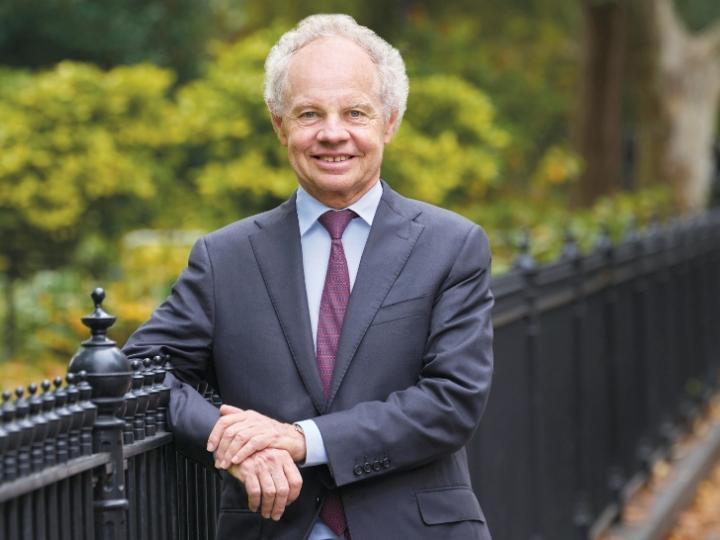E&E News by POLITICO recently published a profile of ALI Director Emeritus Richard Revesz, as he returns to NYU Law from two years of service as the head of the Office of Information and Regulatory Affairs (OIRA). In the article “Meet the man who changed Biden’s regs game” (requires a subscription login), Revesz discusses his vision for OIRA. While he acknowledged that OIRA was once viewed as an enemy of regulations, he emphasized that its true purpose is “to make sure that regulations go out into the world with the best analytical grounding and that they provide the highest net benefits to the American people.”
To that end, during his time at OIRA, he pushed agencies to strengthen the regulations they sent for review, fostering an approach that prioritized greater participation from the public in the regulatory process. For instance, he personally recorded a video in Spanish explaining OIRA’s review meetings, and some training sessions were even translated into Spanish and Mandarin to increase outreach.
Revesz’s leadership also focused on reducing the “time tax” citizens face when interacting with government services. By simplifying paperwork, he aimed to make processes like accessing tax credits and health insurance more efficient and less burdensome for the public.
Perhaps the most significant accomplishment of his tenure was his overhaul of Circular A-4, a critical document that guides agencies in calculating the costs and benefits of their regulations.
From the article:
Revesz believed the document, which had not been changed in two decades, was “showing its age.” After public comments and peer review, the new guidance gave greater weight to benefits, helping to solidify more pioneering regulations.
Yet the reworked Circular A-4 is now under threat. Russell Vought, whom President-elect Donald Trump has picked again to head OMB, which includes OIRA, said in his own Project 2025 chapter that the new guidance should be tossed and replaced with a process to create less burdensome rules.
Revesz warned that could bring legal risks. This administration’s extensive review for the revised document was meant to protect it, grounding a scientific and economic basis behind its decision-making.
“If a subsequent administration wants to depart from the best understanding, the regulations that rely on their new circular are definitely going to get challenged on the grounds that they rely on shoddy science and economics,” Revesz said.
Revesz’s work at OIRA was not only about improving regulations but also about streamlining processes within the office itself. He noticed delays in publishing certain regulations, such as one concerning methane emissions, and took steps to eliminate bottlenecks, ensuring timely releases.
As his tenure at OIRA concluded on January 20, 2025, he will be returning to NYU Law, where as a longtime faculty member, former dean, and founder of the Institute for Policy Integrity, he will continue to mentor future leaders. Revesz remains optimistic about the potential for civil servants to continue making meaningful contributions, regardless of political shifts.
